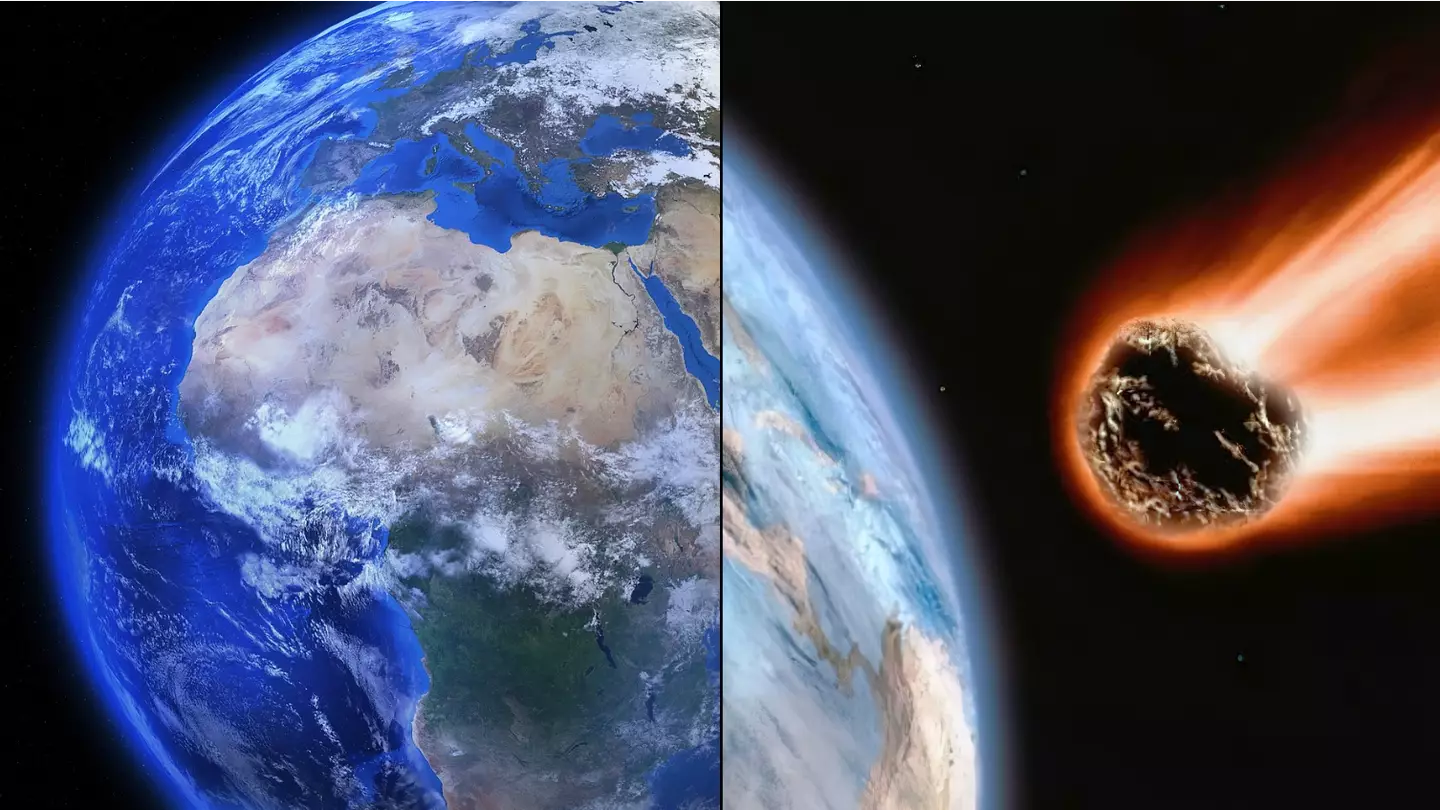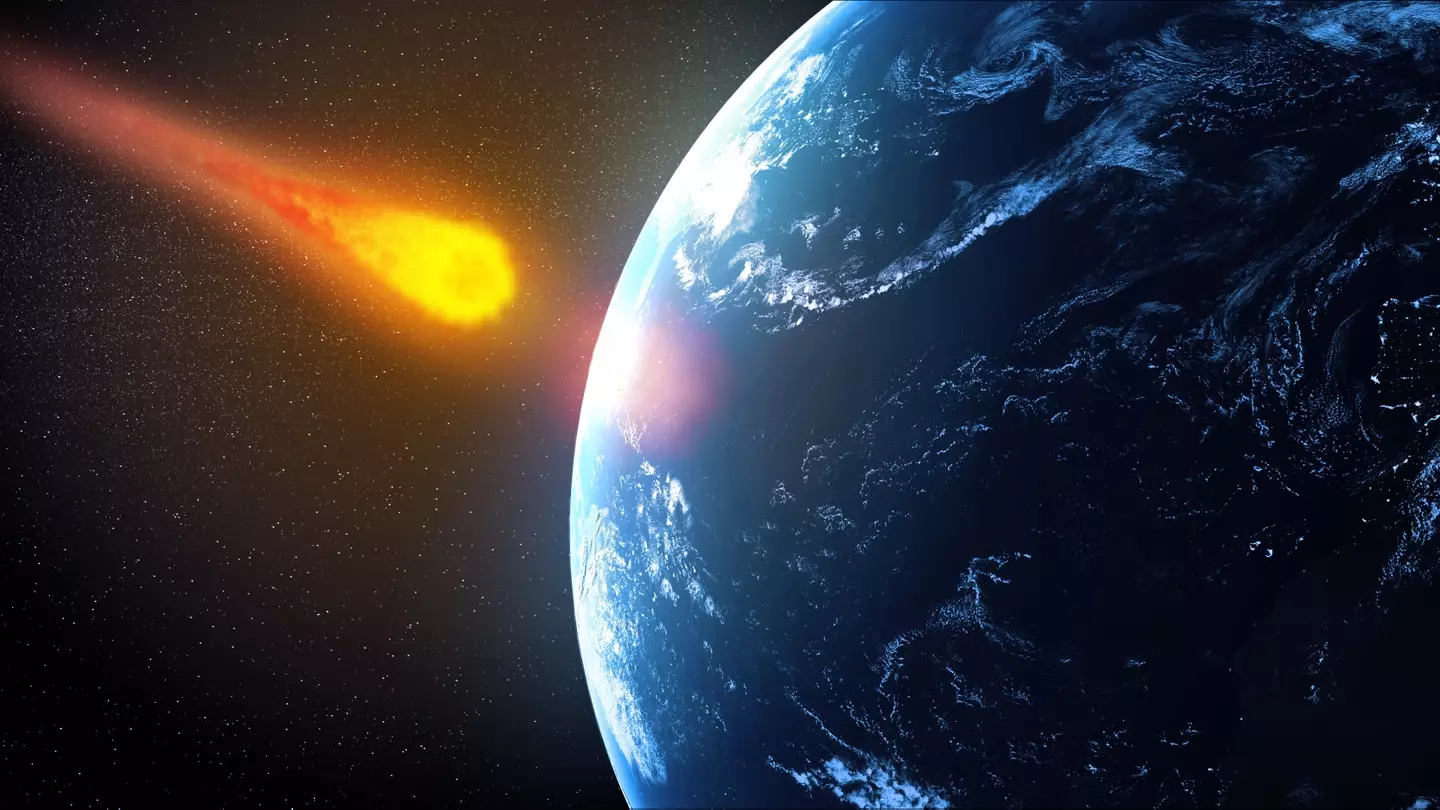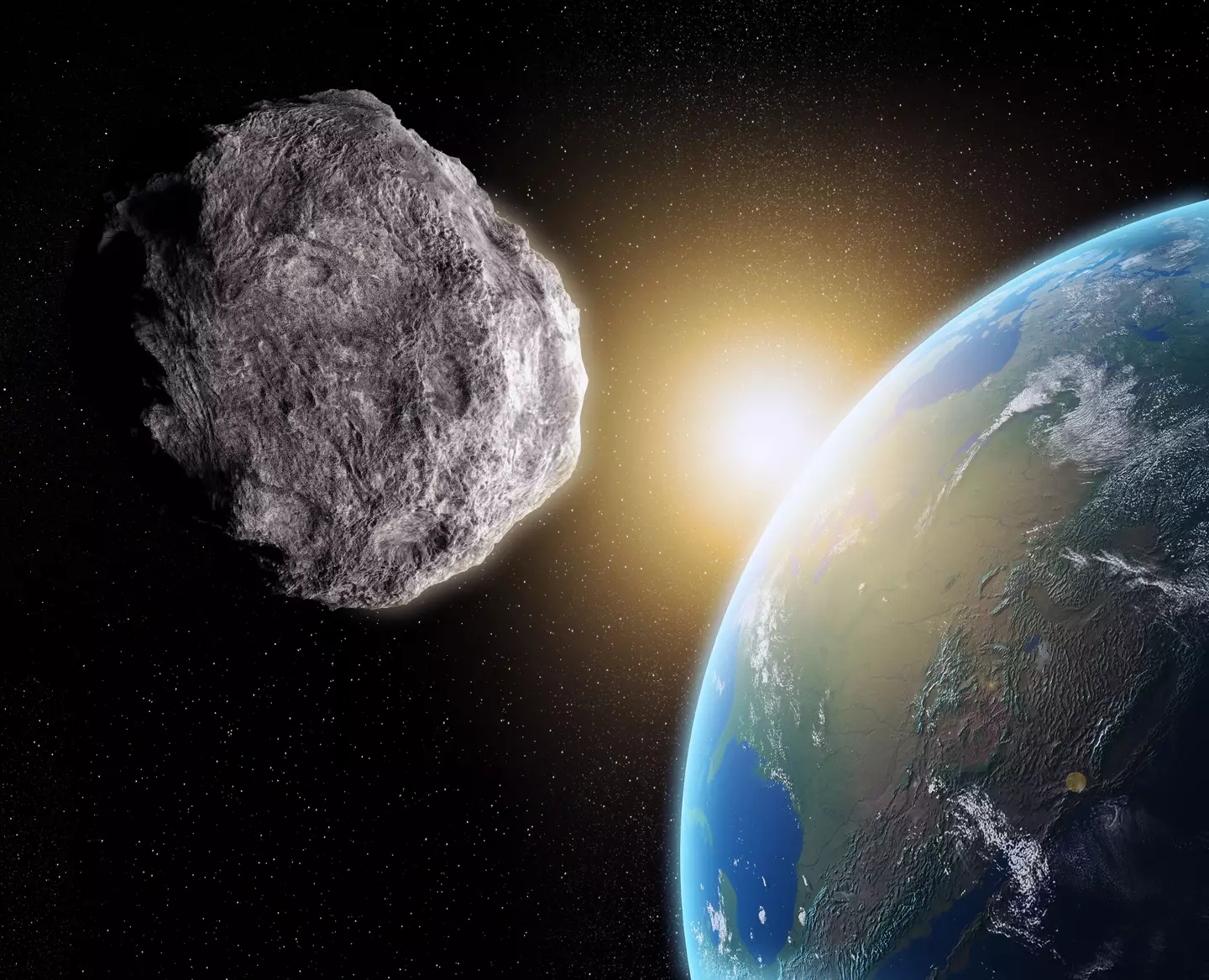
An asteroid the size of a double decker bus is set to whizz past Earth tonight (26 January).
The huge piece of rock will graze our atmosphere in what is said to be one of the closest encounters ever recorded.
Scary, right? Well, maybe not.
Advert
NASA has assured us all that the future of civilisation is not at risk, so there's no need to race down to Costco and start prepping the bunker just yet.
According to the space agency, the asteroid, which has been given the snappy name of '2023 BU', will flash past Earth about 2,200 miles (3,600km) above its surface.
For some context, that's about the same distance as London to Cairo.
And even if it did somehow hit us head on, with it measuring a tiny 11.5 by 28 feet, it wouldn't do any damage.
Advert
A spokesperson for NASA said: "There is no risk of the asteroid impacting Earth.

"But even if it did, this small asteroid - estimated to be 11.5 to 28 feet (3.5 to 8.5 meters) across - would turn into a fireball and largely disintegrate harmlessly in the atmosphere, with some of the bigger debris potentially falling as small meteorites."
2023 BU was spotted by amateur astronomer Gennadiy Borisov on 21 January, with additional observations then reported to the Minor Planet Center (MPC).
Advert
Three days later, astronomers were able to map its projected path, and determined that it would come very close to Earth.
Davide Farnocchia is the developer of NASA's impact hazard assessment system, Scout, which determines what kind of risk foreign objects pose.
Discussing its findings, which were that there was no such threat, he said: "Scout quickly ruled out 2023 BU as an impactor, but despite the very few observations, it was nonetheless able to predict that the asteroid would make an extraordinarily close approach with Earth.

"In fact, this is one of the closest approaches by a known near-Earth object ever recorded."
Advert
If you are a space boffin hoping to catch a glimpse, then you're in luck, thanks to the Virtual Telescope Project (VTP).
The VTP is a set of robotic telescopes based in Ceccano, Italy, that are accessible online, set up for you to have your very own astronomical experience from the comfort of your home.
VTP's live feed of the asteroid will start on Thursday, 26 January, at 7.15pm.
The asteroid will be at its nearest at 12.27am GMT.
Featured Image Credit: PixabayTopics: World News, Space, Science, NASA, Technology, UK News
